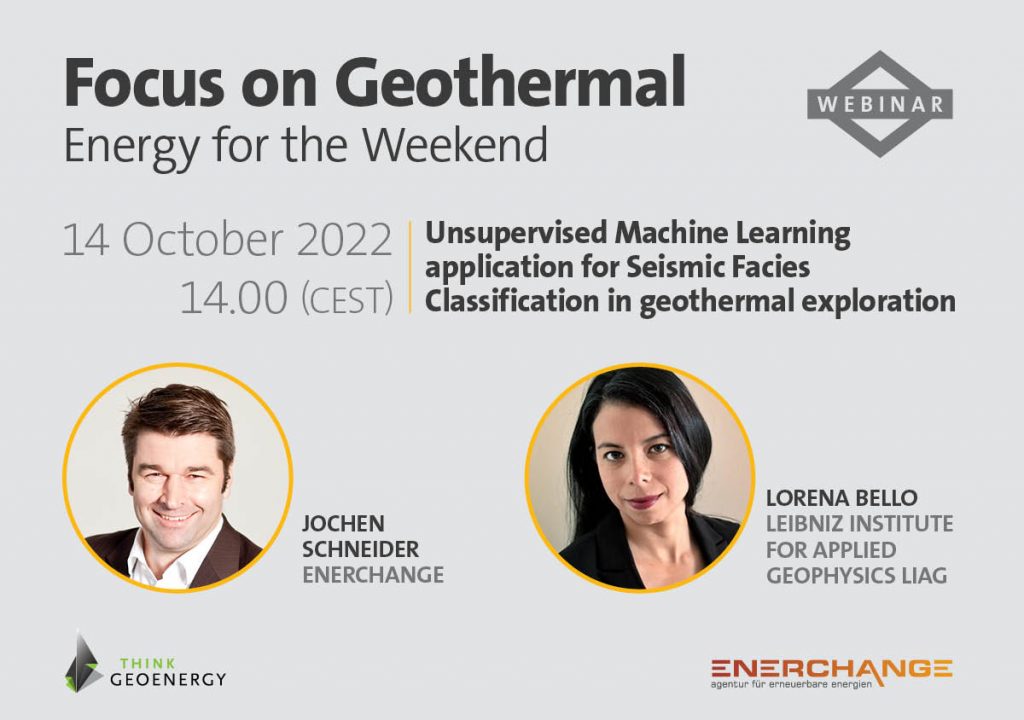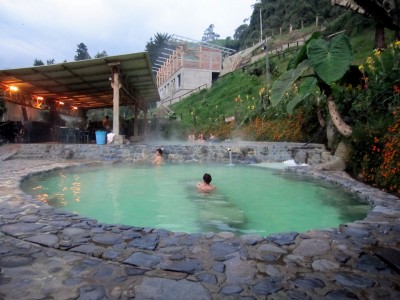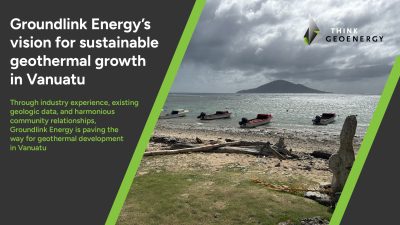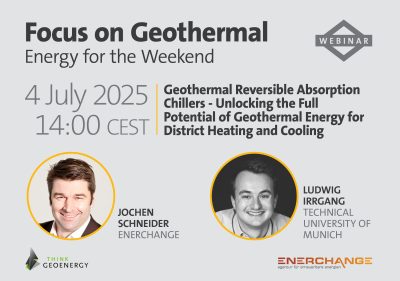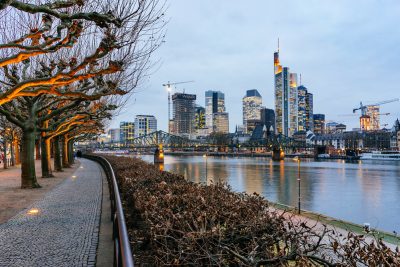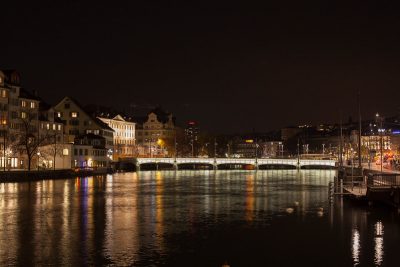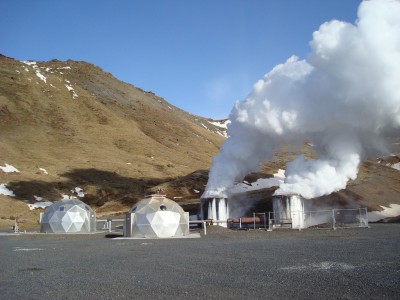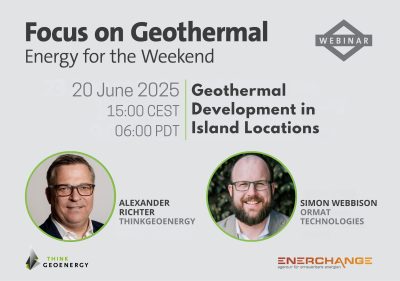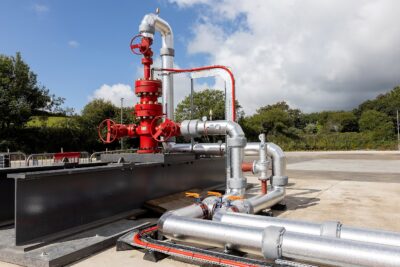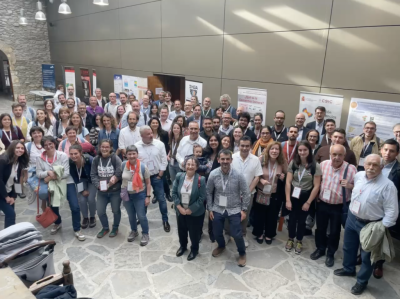Webinar – Unsupervised Machine Learning application for Seismic Facies Classification in geothermal exploration, Oct 14, 2022
Join this webinar with Lorena Bello, from the Leibniz Institute for Applied Geophysics (LIAG), for insights on the application of machine learning for Seismic Facies Classification within geothermal exploration.
As part of the regular IGC Webinar series – a partnership of Enerchange and ThinkGeoEnergy – we are proud to host Lorena Bello, from LIAG, who will provide further insights on the application of machine learning for Seismic Facies Classification within geothermal exploration.
After the presentation you will have the opportunity to discuss and ask further questions.
- Date: Friday, October 14, 2022
- Time: 14:00 CEST
- Registration: here
Currently Lorena Bello is a Research Assistant and PhD candidate at the University of Göttingen in cooperation with the Leibniz Institute of Applied Geophysics (LIAG). Thereby, she is responsible for minimizing the exploration risk of hydrogeothermal reservoirs in the North German Basin for medium-depth geothermal reservoirs and is also involved in the ongoing MesoTherm research project. Due to her previous careers within the fields of seismic operations quality control, reservoir modelling, borehole geophysics and wireline interpretation, Lorena has gained high expertise and broad experience in geothermal exploration processes.
The fluvio-deltaic sandstones of the Upper Triassic Exter Formation has been target of several successful geothermal projects in North Germany. Nevertheless, the high exploration risk due to a lack of relevant information like reservoir geometry, have hampered the development of this reservoir at other sites. Despite the contribution of previous studies to improve the reservoir prediction by basin- to regional-scale subsurface mapping, a validated seismic methodology to delineate geometry and quality on the local scale is yet missing. With her presentation, Lorena will give an overview of her research on Machine Learning algorithms for the identification of fluvio-deltaic facies in 3D seismic and show some preliminary results from a 3D seismic survey in the North German Basin.
Sign up for the webinar to find out how machine learning can be used for minimizing exploration risk.
